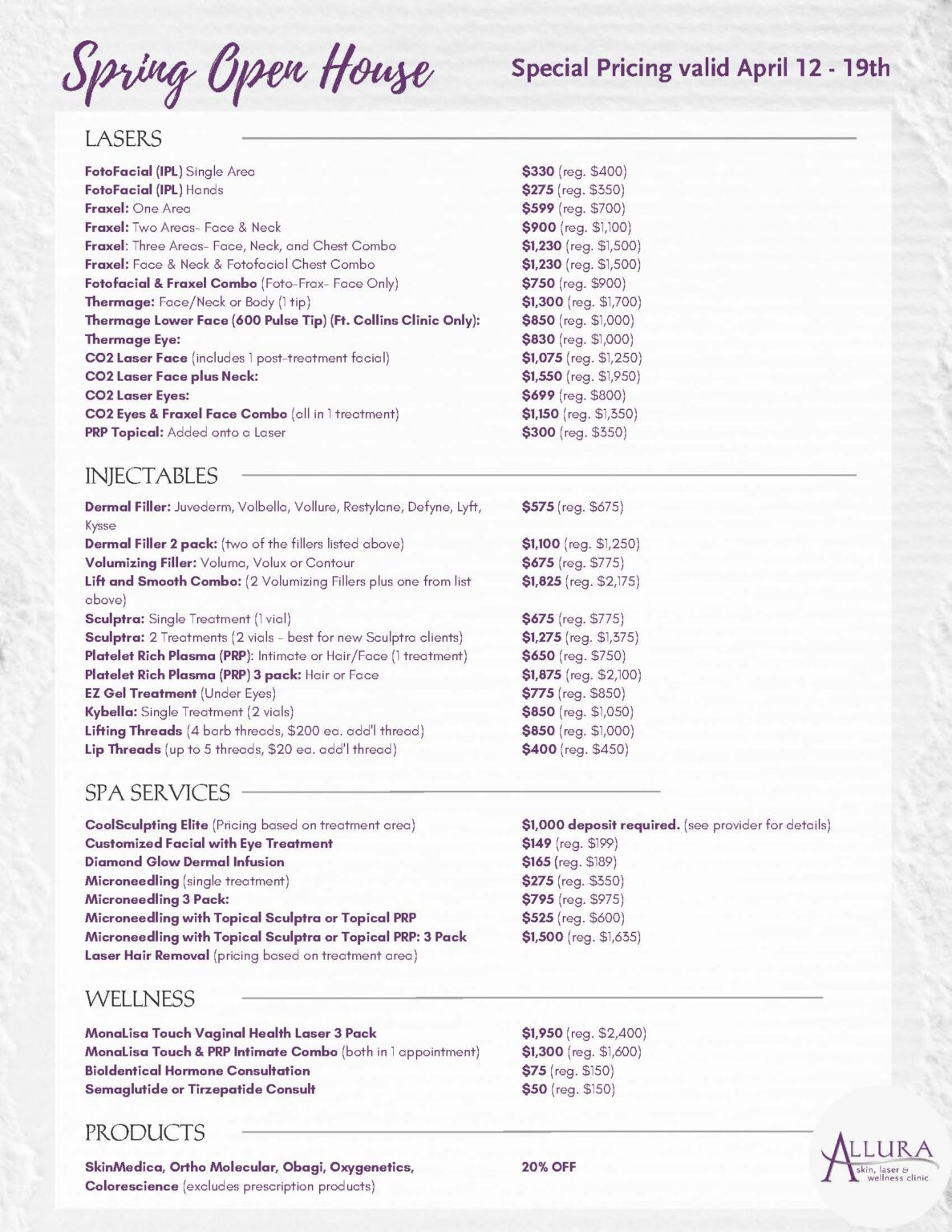
Temporomandibular joint disorders, or TMJ, are disorders of the joint that connect your jaw to your skull. With TMJ you may have pain in your jaw, clicking, limited movement, swelling and secondary symptoms such as headaches, earaches, shoulder pain, and even a ringing of the ear (tinnitus).
There is not one direct cause of TMJ or clear understanding of why some people experience it while others don’t. Some factors that can lead to TMJ are an injury to your jaw, teeth grinding, arthritis of the joint, and stress (which can lead to jaw clenching and more teeth grinding).
You can treat TMJ with medications, the application of heat or cold, and diet changes (soft food that doesn’t require tons of chewing). However, these approaches only provide temporary relief. Luckily, there are additional treatments that can provide relief for months at a time – and they don’t require surgeries or endless doctors visits!
Learn from our expert providers how BIH can help you feel your best! Join us for an educational presentation from Dr. Bev Donnelley, followed by an open Q&A with out team. Enjoy complimentary snacks, drinks, and a welcoming atmosphere as you discover if this treatment is right for you.
